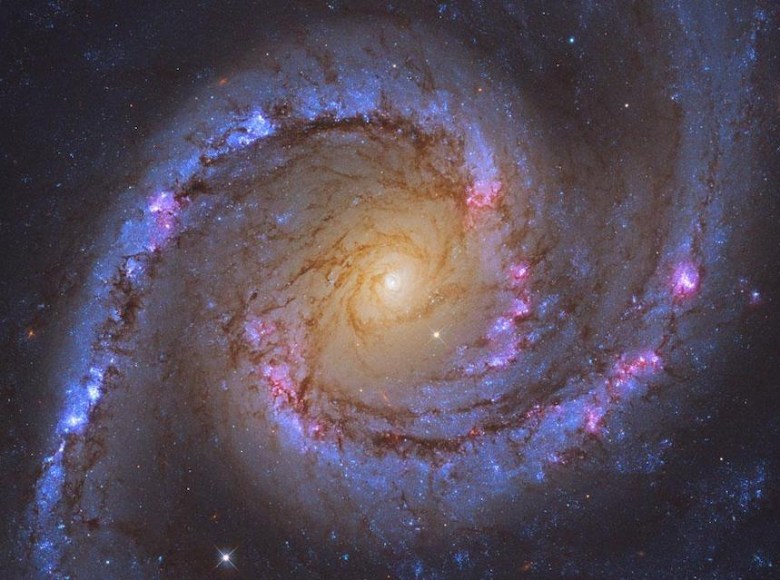There was a time when looking up at the night sky stirred a visceral sense of wonder. The moon landing, the Shuttle launches, the Voyager missions — these were moments that gripped the public imagination and filled people with a sense of shared destiny beyond Earth. But somewhere along the way, something shifted. Despite unprecedented achievements in the 21st century, we seem to have lost our collective awe when it comes to space.
To continue reading this article:
Register now and get
3 free articles every month.
You’ll also receive our weekly SpaceNews This Week newsletter every Friday. Opt-out at any time.
Get unlimited access to
SpaceNews.com now.
Use code SNLAUNCH for 30% off your first payment.
Subscriptions renew automatically at full price. Cancel anytime. Sales tax may apply. No refunds. Only one discount code valid per subscription.

